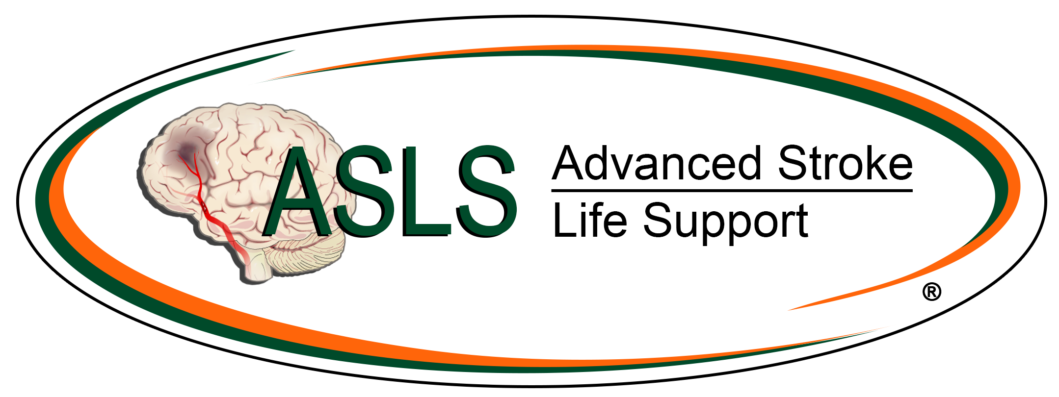| The Loyola Emergency Medical Services System recently became the first authorized training center in the state of Illinois for the Advanced Stroke Life Support (ASLS) program.
The ASLS program offers an assessment approach which is designed to rapidly identify various types of stroke presentation, which may be ordinarily missed by traditional assessment means. The Miami Emergency Neurologic Deficit (MEND) exam was devised to facilitate communication between healthcare providers throughout the continuum of care for stroke patients. The same tool can be used to obtain a baseline exam in the prehospital setting and then for initial evaluation and subsequent exams in the emergency department, ICU, or hospital floor.
The need for the MEND exam arose because the NIHSS, while very thorough, is also a time-consuming exam. It is not feasible to perform in the prehospital setting and on regular neurologic evaluations by nurses. Conversely, although the CPSS is a quick screening examination, it has only a 70% sensitivity to detect stroke in the field, it is not used in the hospital setting, and is missing components that are important for localization, severity and interval changes. The MEND exam is more thorough than the CPSS but takes less than 3 minutes to perform and requires no additional tools. This allows for quick, yet detailed initial exams and interval assessments.
“It only makes sense that we offer education to our pre-hospital providers, as well as front-line Emergency Department staff,” said Lead EMS Instructor Oliver Boryszewski, CCEMT-P, NRP, EMT-P, who will also serve as the ASLS Training Center Coordinator, “it will allow our EMTs, Paramedics, Nurses, and Physicians to all be on the same page when it comes to stroke care.”
The LEMSS looks forward to improving the pre-hospital stroke care within Region VIII, surrounding EMS regions, as well as throughout the state of Illinois.
 Loading...
Loading...
Learn more about ASLS |

